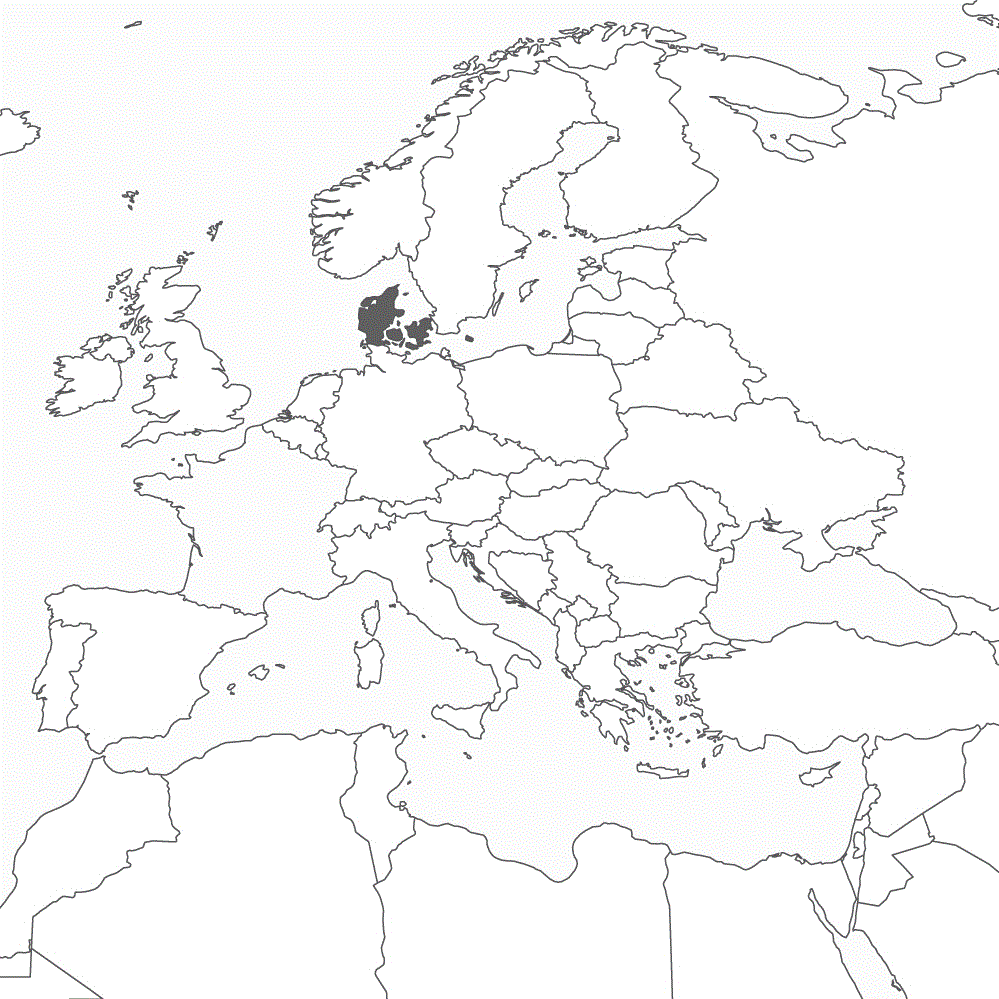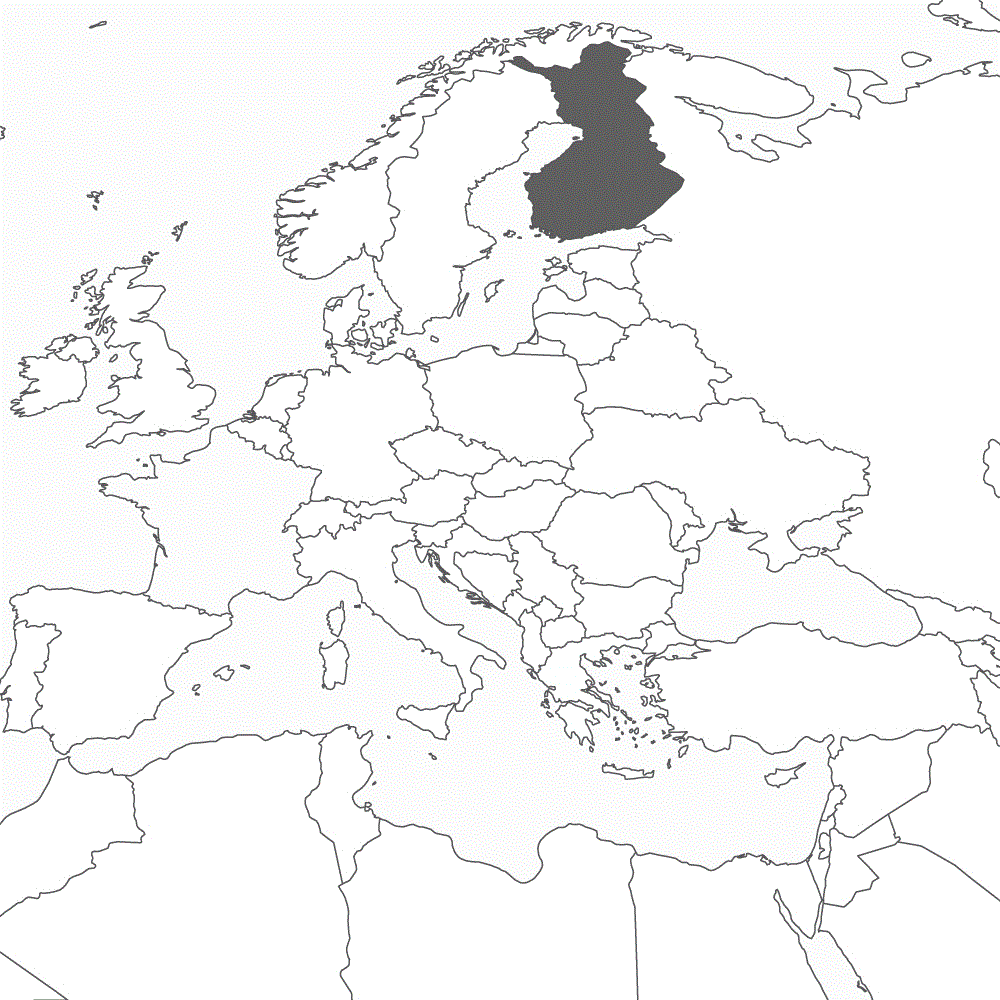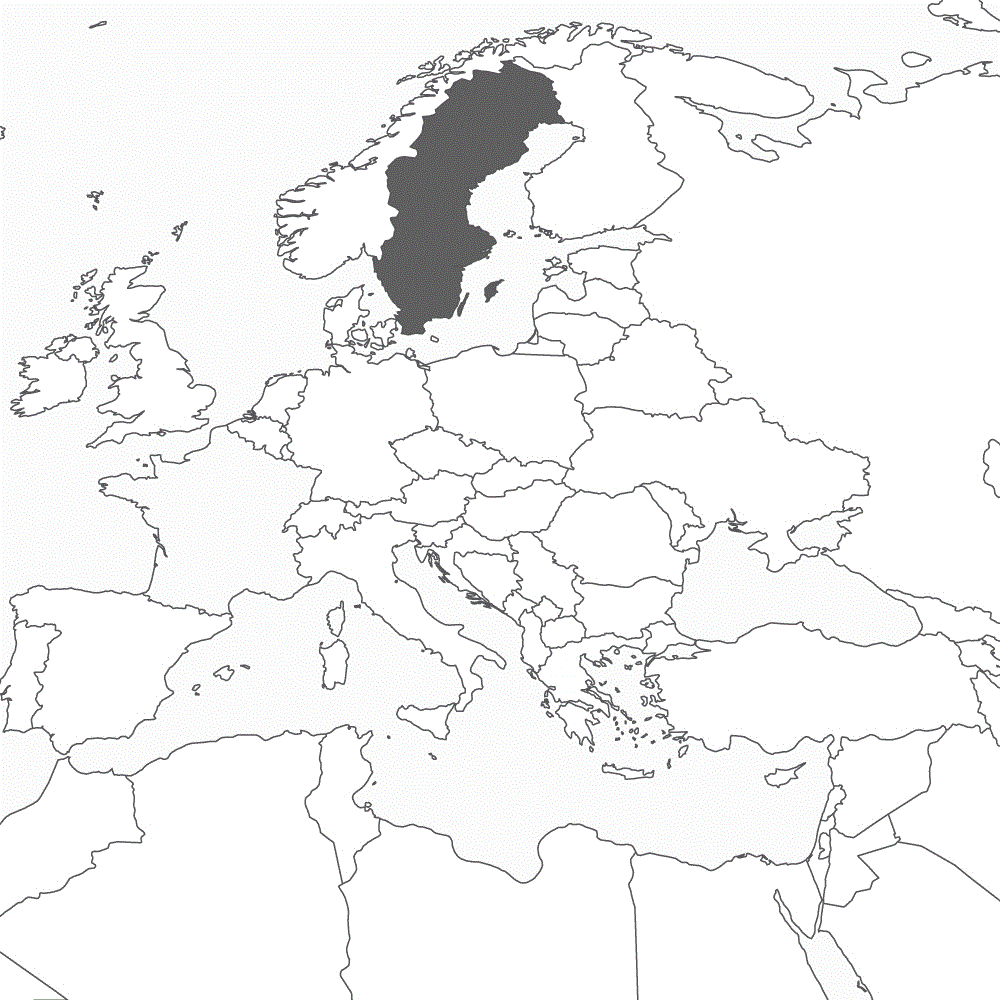„Goodbye, Nord Stream” (III)
Berlin refuses to provide any information on the Nord Stream 2 investigations. Sweden maintains excessive secrecy. This again raises questions pertaining to the US naval presence off Bornholm prior to the blasts.
BERLIN/STOCKHOLM (Own report) – Citing “secrecy interests”, the German government refuses to provide any information on the state of the investigation of the attack on the Nord Stream 1 and 2 pipelines. Germany’s foreign ministry claims that even a simple answer to the parliamentary inquiry about “NATO vessels and military units” were near the site in question off Bornholm during the days immediately prior to the attacks, “would entail the disclosure of information that would particularly affect the welfare of the state.” Previously, Sweden had already refused any participation in a joint investigation team with Denmark and Germany, on the grounds that the confidentiality level of the findings, so far, precludes any international cooperation. Banalities are again being presented as “findings” such as the fact that a powerful explosion destroyed the pipelines and that “sabotage” can be assumed. The warships, whose presence near the site in question cannot be disclosed for reasons “of state welfare” include those of the Untitled States and other NATO countries. Read more
“Arctic Dominance”
NATO membership for Finland and Sweden galvanizes the militarization of the Arctic – also regarding Russia’s Northern Fleet, which ensures that country’s nuclear second-strike capability.
HELSINKI/STOCKHOLM/MOSCOW (Own report) – The imminent NATO membership for Finland and Sweden galvanizes the militarization of the Arctic, with participation of the German Bundeswehr. This is becoming evident by NATO maneuvers in Europe’s High North, which, for years, have regularly been conducted relatively close to Russia’s Northern Fleet bases on the Kola Peninsula. These bases host particularly submarines equipped with ballistic missiles, largely ensuring Russian naval forces’ nuclear second-strike capability. Moscow protects them with a military bastion concept designed to prevent hostile forces any access to the region. By admitting Finland and Sweden, NATO is also reinforcing its strategic position in the proximity of the Kola Peninsula. Russia is reacting with new armament measures. Helsinki and Stockholm plan to present their applications for NATO membership with their respective parliaments votes of approval, expected today, Monday, or tomorrow following this weekend’s final set of decisions. Read more
NATO’s Northward Expansion (III)
Finland and Sweden’s applications to join NATO are reportedly imminent. Russia is reacting to this new strategic imbalance with its own arms buildup.
BERLIN/HELSINKI/STOCKHOLM (Own report) – Finland and Sweden are expected to jointly apply for NATO membership in mid-May, according to reports published yesterday in both countries. Thus, both Helsinki and Stockholm are definitively giving up what is left of their formal neutrality. The Finnish-Swedish rapprochement to NATO – including their participation in NATO wars – had already begun back in the 1990s. Both countries have been so closely linked to the alliance that experts recently remarked that their joining NATO is almost nothing more than a “matter of formalization.” This “formalization” will now take place. It will create a new strategic imbalance in northeastern Europe. Sweden’s island, Gotland, which will soon become part of NATO, can control the sea routes, for example, to St. Petersburg and to Kaliningrad. The approximately 1,340 km long Finnish-Russian border will become NATO’s external border. Moscow has announced it will counter this with arms buildup measures in the High North and possibly deploying nuclear weapons in Kaliningrad. Read more
BERLIN/BRUSSELS/STOCKHOLM (Own report) - Officially neutral Sweden can be considered a "de facto member" of NATO, a Swedish foreign policy expert confirmed in a new German foreign policy periodical. Last fall's large maneuver in Sweden sent a clear "message" that the country's neutrality has "de facto been suspended," completely changing the entire military "map" of the Baltic region "to NATO's advantage." In fact, back already in the 1990s, Sweden had begun to build links to the western war alliance; crucial decisions had been taken already before the Ukraine conflict's escalation and Crimea's integration into the Russian Federation. The Bundeswehr is heavily involved in integrating the Swedish armed forces into NATO's structures, focusing on naval cooperation. This cooperation is aiming at including the Swedish military into NATO's naval operations. The cooperation of the naval forces is not limited to NATO's framework, but may also be within that of the EU. Read more
GERMAN-FOREIGN-POLICY.com
Information on German Foreign Policy: News + Interviews + Analyses + Background


